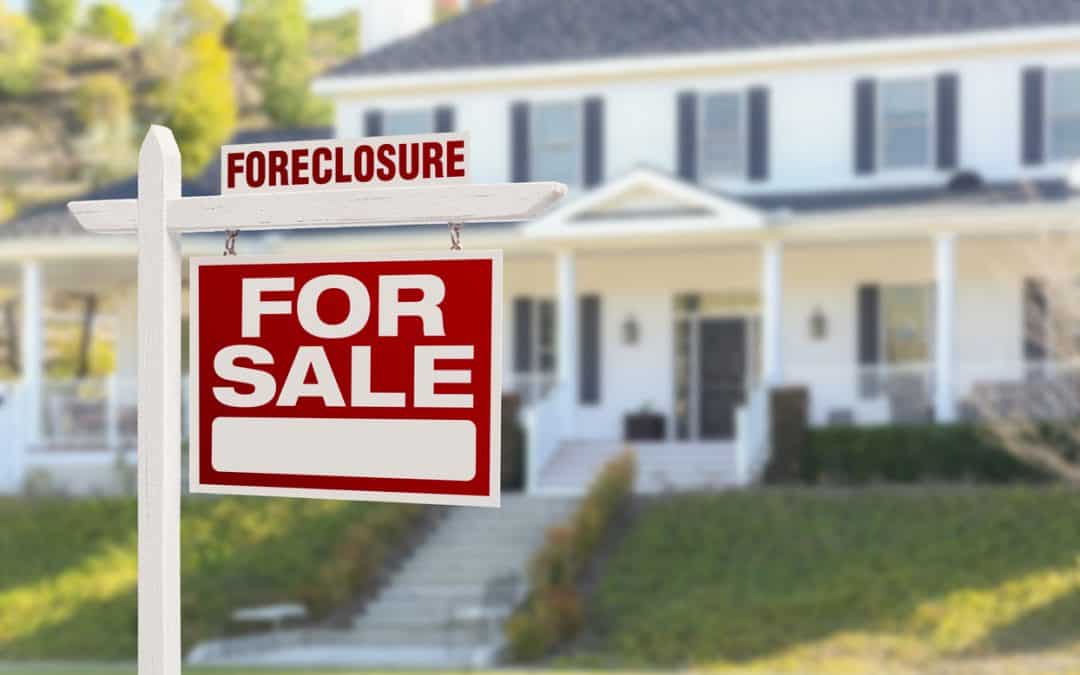The Real Estate Investment Network says Canadian mortgage arrears are expected to hit the highest levels since 2017 and foreclosures will rise this year, creating opportunities for investors.
REIN released a new special report, How to Avoid and Buy Foreclosures, advising investors how to prepare for the emerging foreclosures market in Canada as the federal government’s income support and mortgage deferral programs come to an end.

Jennifer Hunt
Jennifer Hunt, vice president research at REIN, says buying foreclosed and pre-foreclosed properties will likely emerge as an investment tactic for investors that are uniquely positioned and educated to implement solutions amid the economic slowdown brought on by the COVID-19 pandemic.
“The unfortunate reality some homeowners may face is potential eviction from their homes or loss of investment properties, but there are many options for both lenders and borrowers to avoid this scenario,” says Hunt. Owners should educate themselves about foreclosures and be proactive, and investors will benefit from understanding how foreclosures work, the many debt settlement options available in the pre-foreclosure stage, and where to find and purchase these unconventional investment deals, says Hunt.
“Foreclosures can happen at any time, for a myriad of reasons, and during any phase of the real estate cycle. But foreclosures also rise depending on which phase of the cycle the market is in,” says Hunt. She says most of Canada’s major housing markets will see foreclosures increasing in the next few months. “The key for homeowners and buyers is to learn how to pivot while employing all means possible to either protect their properties or expand their portfolios.”

REIN’s Economic Turmoil Formula
REIN’s Economic Turmoil Formula outlines a series of factors over an 18-24-month cycle that begins with no GDP growth. After 12 to 18 months, other economic indicators include growing employment, population decline, decreased rental demand, increased vacancies and decreased rents. Those factors lead to an oversupply of properties and decreased property prices, says REIN.
“We have a precipitous drop of GDP from the pandemic since March. Obviously, an incredible loss of jobs. Even though it’s slightly improving, it still has not recovered and we have significant job losses,” says Hunt. “And of course, population is impacted in all kinds of different ways but let’s just focus on immigration with the closed borders.
“And then we see rental markets typically are affected about 12 to 13 months after that economic event and GDP change. Then at 18 months to two years you see all of that move through the cycle – because those are lagging indicators – and actually show up in real estate prices. We are currently in the technical slump phase…In that beginning phase in most markets, property values may be going up and there’s that sort of frothy fear of missing out in a hot market. But the supporting fundamentals are no longer there. And as a result of that, based on the guideline formula . . . those economic fundamentals are the drivers and we expect in about 18 months to two years to see those housing prices affected.”
According to the report, the COVID-19 pandemic has triggered widespread business closures and the sudden loss of jobs, which in turn prompted a spike in mortgage delinquencies and therefore a potential rise in foreclosures in the coming months.
But Hunt said other market influencers like a policy change or a change of interest rates can affect how fast the real estate cycle takes place. The longer the pandemic lasts, the more foreclosures we will see. Thankfully, government financial support has kept foreclosures down during the pandemic.
“The time is now to become savvy and educated on the mysterious foreclosure process in Canada,” says Hunt. “Most information about foreclosures in real estate is based on the U.S. processes but of course Canada is a different country with an entirely different system. We wanted to demystify that for individuals so that they can be prepared and educated on how to avoid foreclosures should they be at risk as a homeowner or an investor….and also so that they could be prepared as investors to be able to create win-win solutions, where maybe they’re able to acquire properties in pre-foreclosure or support an individual going through pre-foreclosure and come up with creative solutions.”
Hunt says people need to understand debt settlement measures in the pre-foreclosure stage, adding that banks and lenders prefer to avoid foreclosures because they are expensive and lengthy.
“These debt settlement measures in the pre-foreclosure become really, really valuable for individuals to get acquainted with so that they can come up with negotiations or leverage points or options to salvage their credit and to keep their home, or to work with an investor for support,” she says.

Mario Toneguzzi is a contributing writer for REM. He has more than 40 years of experience as a daily newspaper writer, columnist, and editor. He worked for 35 years at the Calgary Herald, covering sports, crime, politics, health, faith, city and breaking news, and business. He now works on his own as a freelance writer for several national publications and consultant in communications and media relations/training. Mario was named in 2021 as one of the Top 10 Business Journalists in the World by PR News – the only Canadian to make the list.

















